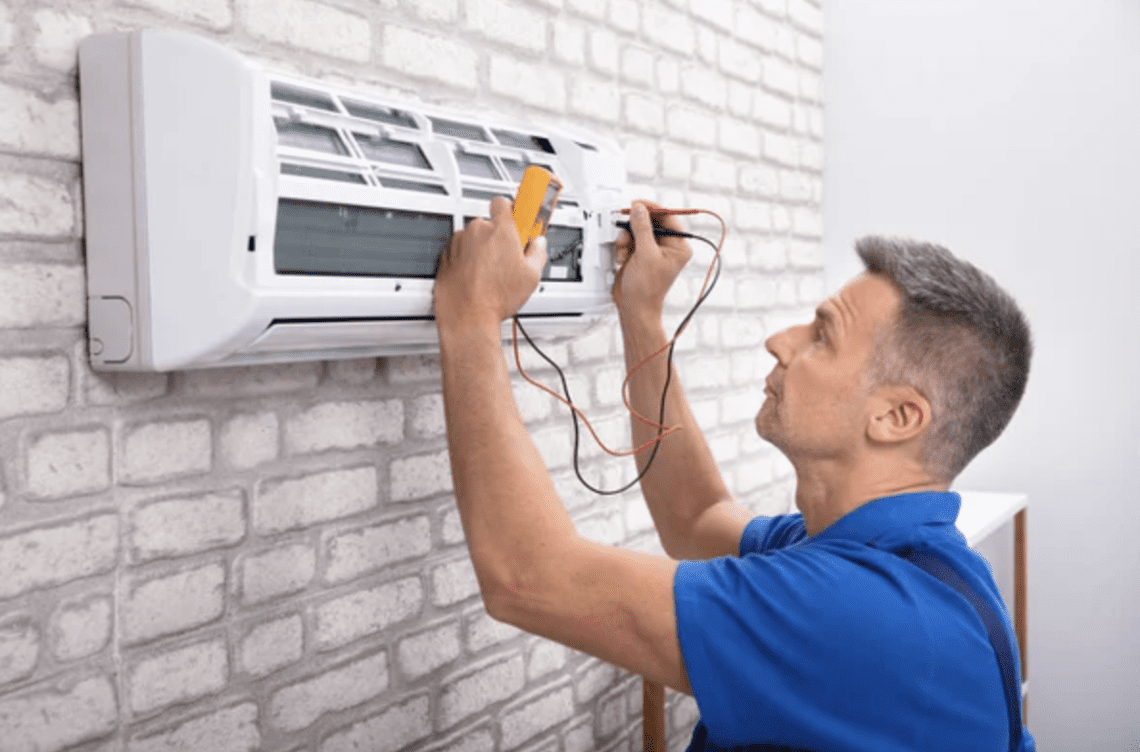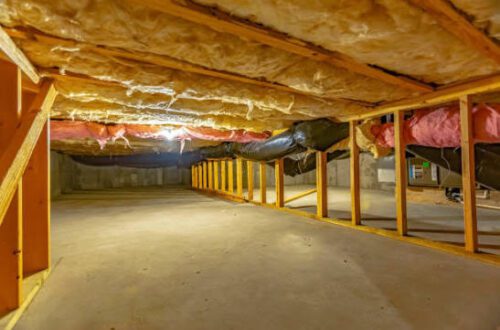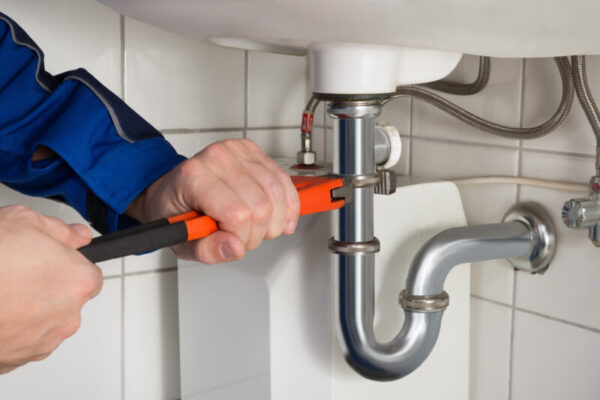When the summer heat is at its peak, the last thing you want is for your air conditioner to break down. As you sit sweating in your living room, the big question pops into your mind: should you try to fix it yourself or call in a professional?
Understanding the Basics of AC Repair
Before diving into the nitty-gritty of DIY versus professional Colleyville AC repair, it’s crucial to understand the basics of how your air conditioner works.
How Does an Air Conditioner Work?
At its core, an air conditioner has three main parts:
- Compressor: Compresses refrigerant gas and sends it to the condenser.
- Condenser: Converts the refrigerant gas into liquid and expels heat outside.
- Evaporator: Evaporates the refrigerant into gas, cooling the air inside your home.
Common AC Issues
Some of the most common air conditioning problems include:
- Refrigerant Leaks: These can cause the AC to lose its cooling power.
- Frozen Evaporator Coils: Typically a sign of airflow issues or low refrigerant.
- Dirty Condenser Coils: Reduce the system’s ability to cool your home.
- Fan Problems: These can prevent air from moving efficiently through the system.
- Thermostat Issues: If the thermostat is malfunctioning, it can cause the AC to run inefficiently or not at all.
Understanding these basics will help you determine whether you can tackle the repair on your own or if it’s time to call in a pro.
Pros and Cons of DIY AC Repair
Many homeowners are tempted to try DIY repairs to save money and time. However, this approach has its own set of advantages and disadvantages.
Pros
Cost Savings
One of the most significant benefits of DIY repairs is the potential cost savings. Professional repairs can be expensive, especially if you need emergency service. By fixing the problem yourself, you can avoid labor charges and markup on parts.
Convenience
If you’re handy with tools and have some basic knowledge, you can often fix minor issues quickly, without waiting for a technician to become available.
Cons
Lack of Expertise
AC systems are complex and require a deep understanding to diagnose and repair correctly. Without proper training, you might misdiagnose the problem, leading to more significant issues down the line.
Safety Risks
Working with electricity and refrigerants can be dangerous. There’s a risk of electrical shock, refrigerant exposure, or causing further damage to the system.
Potential for Greater Damage
Incorrectly diagnosing or repairing your AC can lead to more extensive damage, resulting in higher repair costs or even the need for a complete system replacement.
Pros and Cons of Professional AC Repair
Hiring a professional to repair your AC has its own set of pros and cons.
Pros
Expertise and Experience
Professional technicians have the training and experience to accurately diagnose and repair your AC. They can identify issues you might overlook and ensure the repair is done correctly.
Safety
Technicians are trained to handle electrical components and refrigerants safely. They have the necessary tools and protective equipment to perform repairs without risking their safety or yours.
Warranties and Guarantees
Many professional repair services offer warranties or guarantees on their work. This means if something goes wrong after the repair, they’ll come back to fix it at no additional cost.
Cons
Cost
Professional repairs can be expensive, especially for emergency services or major issues. You’ll need to weigh the cost of the repair against the potential risks and costs of attempting a DIY fix.
Scheduling
You might have to wait for an appointment, especially during peak seasons. This could leave you without AC for an extended period.
When to DIY and When to Call a Professional
So, how do you decide whether to tackle the repair yourself or call in a professional? Here are some guidelines to help you make the decision.
When to DIY
- Simple Issues: If the problem is something straightforward like a clogged filter, dirty coils, or a tripped circuit breaker, these are usually safe to handle on your own.
- Basic Maintenance: Regular maintenance tasks such as cleaning or replacing filters, checking for obstructions around the outdoor unit, and ensuring the thermostat is functioning properly can often be done without professional help.
When to Call a Professional
- Complex Problems: Issues like refrigerant leaks, compressor problems, or electrical issues require a professional’s expertise.
- Safety Concerns: If you’re unsure about the safety of performing a repair, it’s always best to call in a professional.
- Repeated Issues: If you’ve attempted to fix the problem yourself and it keeps coming back, a professional can diagnose and address the underlying cause.
Tips for Successful DIY AC Repair
If you decide to go the DIY route, here are some tips to ensure your repair is successful and safe.
Gather the Right Tools
Make sure you have all the necessary tools before you start. This might include:
- Screwdrivers
- Pliers
- Multimeter
- Refrigerant gauge
- Coil cleaner
Follow Safety Precautions
- Turn off the Power: Always turn off the power to your AC unit before starting any repair.
- Use Protective Gear: Wear gloves and safety glasses to protect yourself.
- Read the Manual: Refer to your AC unit’s manual for specific instructions and safety information.
Take Your Time
Don’t rush through the repair. Take your time to understand the problem, gather the right tools, and follow the repair steps carefully.
How to Choose a Professional AC Repair Service
If you decide that a professional repair is the best option, here are some tips for choosing the right service.
Research and Reviews
- Look for Reviews: Check online reviews and ratings for local AC repair services. Look for companies with a strong track record of customer satisfaction.
- Ask for Recommendations: Ask friends, family, or neighbors for recommendations. Personal referrals can be a great way to find a reliable service.
Verify Credentials
- Licensing and Certification: Ensure the company is licensed and its technicians are certified.
- Insurance: Verify that the company has liability insurance to protect against accidental damage.
Get Multiple Quotes
Don’t settle for the first quote you receive. Get multiple quotes to compare prices and services. This will help you find the best value for your money.
Ask About Warranties
Make sure the company offers a warranty or guarantee on their work. This can provide peace of mind that the repair will be done right the first time.
Conclusion
Deciding between DIY and professional AC repair comes down to the complexity of the issue, your level of expertise, and your comfort with the potential risks. Simple maintenance and minor repairs can often be handled on your own, saving you time and money. However, for more complex issues or if safety is a concern, it’s best to call in a professional.






